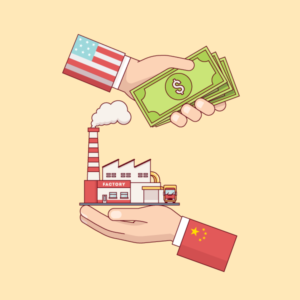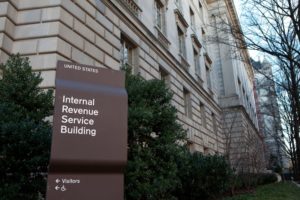Does it Really Pay to Win the Lottery?

Everyone dreams of winning the lottery. The thought of taking home hundreds of millions of dollars is enough to get even the laziest people off the couch and into their local quick-e-mart to purchase some tickets. The country has been abuzz during the last several days over the huge Powerball jackpot that ultimately reached $1.6 billion, according to lottery officials.
Of course, word broke last night that someone had finally won the big prize. The first reported winner was in California, however, subsequent reports noted that winning tickets were also sold in Tennessee and Florida. Several other reports have surfaced that there were a few $1 million dollar winners, as well. So now that these lucky lotto winners have struck it rich, just how fortunate are they.
First, because there were three winning tickets the winners will have to split the jackpot three ways, thus no one will become an instant billionaire. Even if only one winning ticket has been sold that person would not be walking away with a billion dollars. That’s because every lottery winner has a silent partner, like it or not. The taxman always gets a cut of any lottery prize, but exactly how much in taxes a lottery winner pays depends on several factors.
The IRS treats lottery winnings as income and therefore it is taxed at the highest rate of 39.6 percent. When you win a lottery prize the IRS takes 25 percent right off the top. The other 14.6 percent is paid as part of your taxes the following year. So for example, if the winner chose the lump sum payment of the $1.6 billion, they would receive $930 million minus the 25 percent federal tax off the top. That’s a $232.5 million tax bill up front, with another $135.8 million the following year.
That would leave you with about $560 million. That’s still a nice take-home prize, for sure, but not the $1.6 billion you were dreaming of. Additionally, if you live in a state with state income tax, you will be responsible for those taxes as well. Living in some locations, like New York City, would cost you state, county and city taxes on top of the federal tax, which could add up to another 15 percent of your winnings.
Don’t think you can give away a bunch of your money tax-free either. You will be responsible for the gift tax if you go over the allotted $14,000 a year per recipient as well. The gift tax is 40 percent if you go over your lifetime gift exemption amount of $5.45 million. In any case, the best thing to do if you win the lottery is to meet with a competent tax accountant/advisor as soon as you can, even before you claim your prize. This will give you the best opportunity to save as much as you can on taxes.
Trump Warns Companies Considering Sending Jobs to Foreign Countries
Trump Warns Companies Considering Sending Jobs to Foreign Countries One of the many promises president-elect Donald Trump made during his run to the White House was to keep more jobs in America. Now that he has been elected, it appears that he is serious about this promise. Trump recently made it very clear, in no…
IRS to Put an End to Its Top 400 Report
Many people believe that the nation’s wealthiest individuals already make too much money without paying their fair share of taxes. Now that billionaire Donald Trump has been elected as our country’s next president, many expect that to only get worse. However, starting next year, it will now be very difficult for anyone to really…
How to Successfully Invest Under President Trump
How to Successfully Invest Under President Trump There is a lot of uncertainty for a lot of different reasons now that Donald Trump has been elected as our country’s next president. Whether you have concerns or not, Trump’s proposed tax policies are likely going to affect you one way or another. Another group of people…
Athletes Could See Big Tax Savings With Trump Proposals
It’s no secret that Donald Trump’s proposed tax plans would definitely benefit the nations’ wealthiest individuals. The president elect has made it clear he wants to overhaul our country’s tax system and his stated proposals indicate that the wealthy will see a healthy increase in the amount of money they get to keep. Among…




